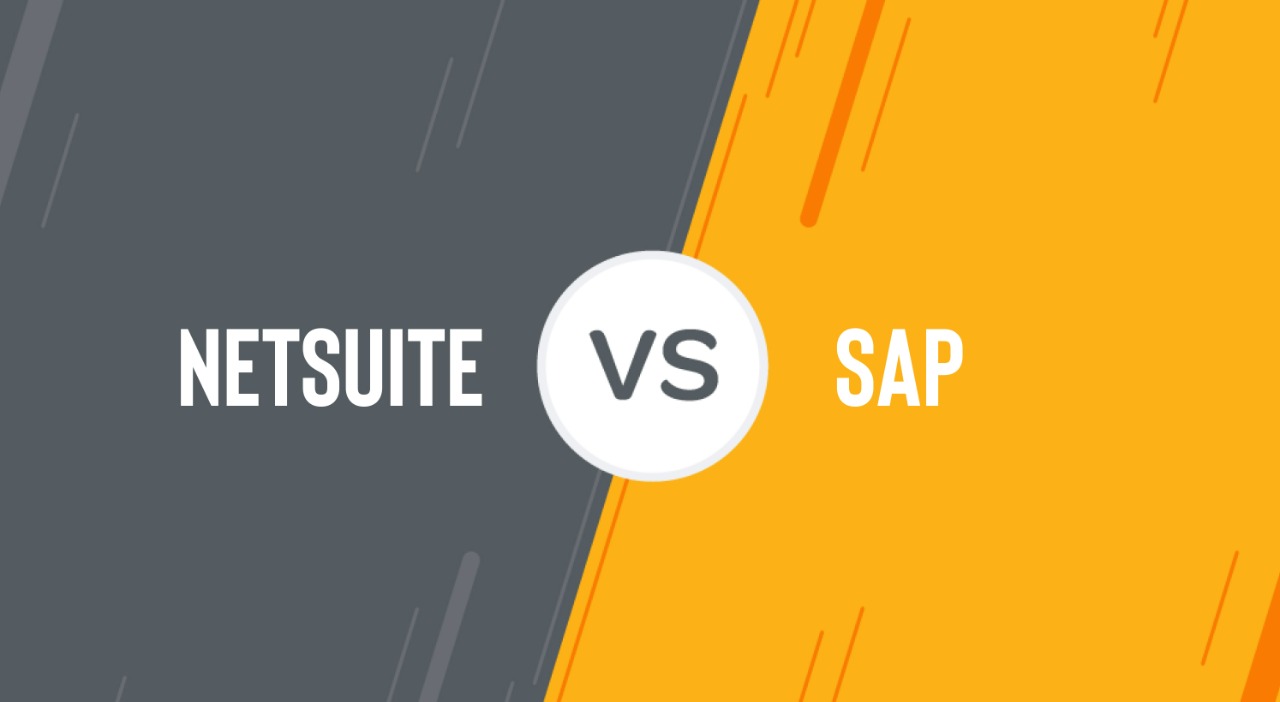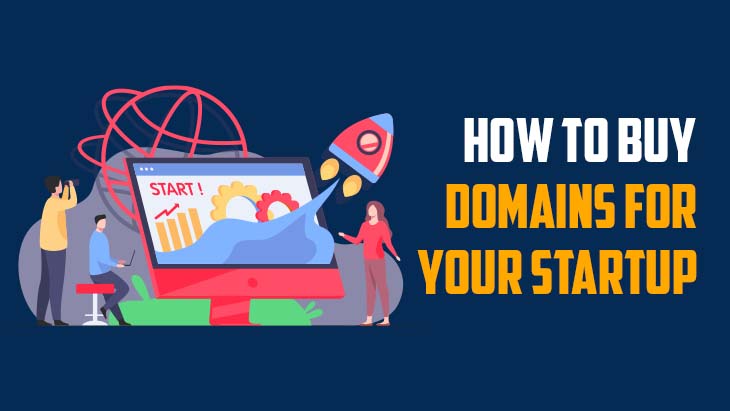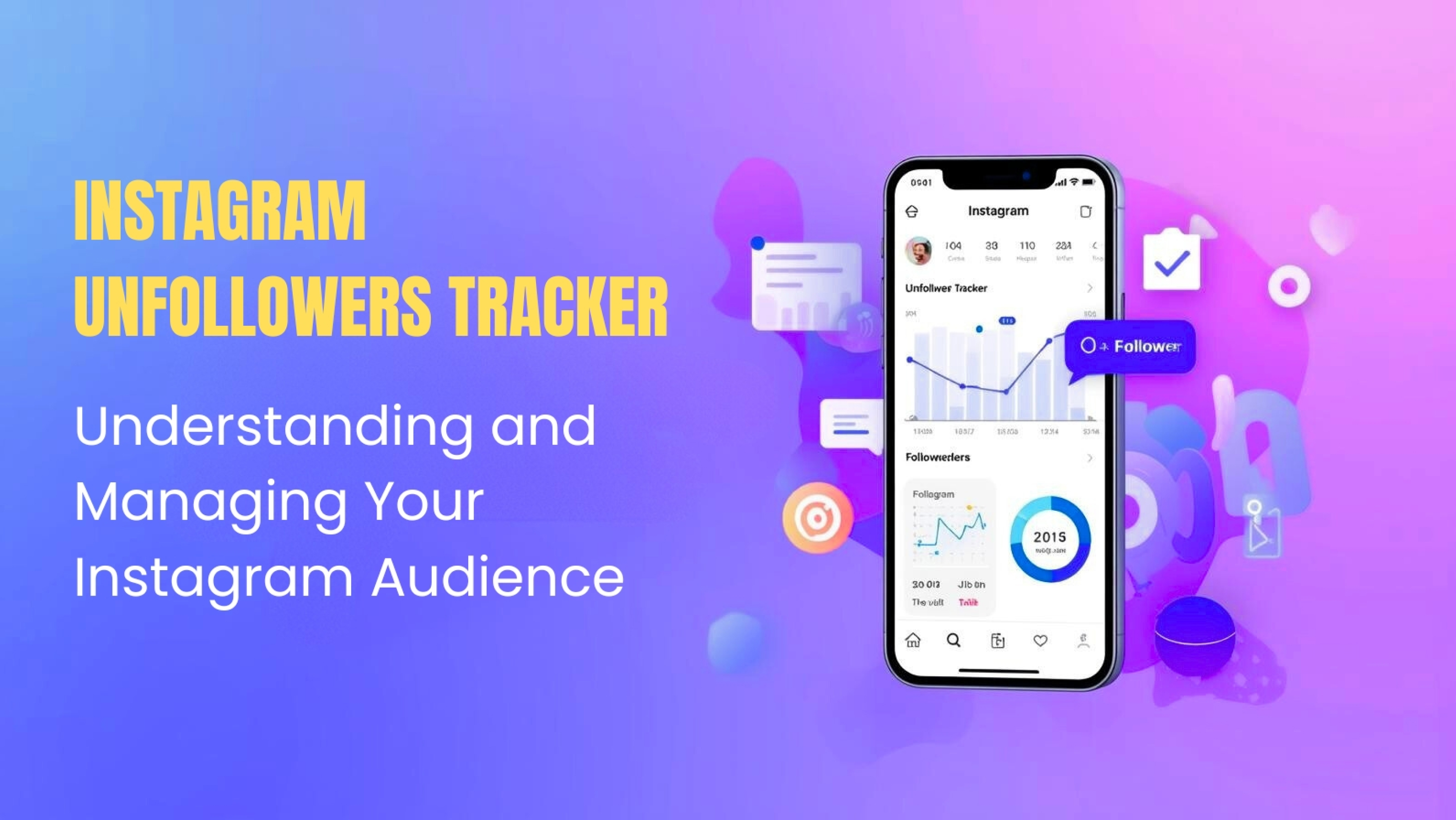Choosing the perfect Enterprise Resource Planning (ERP) software for your business is crucial. Many different contenders are probably required to work on NetSuite and SAP. The accurate comparison between NetSuite vs SAP.
While both NetSuite and SAP offer cloud-based ERP software now, SAP's cloud software capabilities have only been around for about nine years, whereas NetSuite has been a leading cloud ERP system. NetSuite vs SAP has similarities and differences, giving you the power to make a data-informed decision. SAP and NetSuite are both ERP software designed to streamline business processes such as inventory management, financials, and even CRM. They're similar in many ways, though there are some glaring differences that potential users should be aware of.
What Is NetSuite?
NetSuite is a cloud-based ERP software. NetSuite has deployed and managed cloud software solutions for over 18,000 customers since 1998 and was essentially the first cloud software company, making them a clear leader in the cloud ERP space.
NetSuite Company usually works on technologically seamless integration with existing software. However, NetSuite tends to have a shorter timeline for going live.
NetSuite tends to be easier to deploy, as its legacy as a cloud software solution gives partners the necessary experience to create a quick yet comprehensive implementation process. Of course, the complete deployment timeline for any ERP software depends on the customizations needed by your business.
NetSuite integrations can become costly as they require custom development work. Because of this, the development team at SCS Cloud has created an entire suite of pre-built NetSuite solutions that take care of everything from billing automation to data integration with PowerBI. Since they've already been coded, it's quick and easy to integrate with your NetSuite solution.
Functions Of Netsuite
1. Includes ERP, CRM, PSA, eCommerce, financial management, inventory management, and HR management capabilities
2. Has been a cloud-based software since its inception in 1998.
3. Offers quick, intuitive mobile access.
4. Advanced customization available.
5. Real-time analytics.
6. Fast, easy mobile access.
7. Provides easy integration and a suite of available add-ons.
8. Perfect for any-sized business, whether it's a small local firm or a multinational corporation.
Advantages Of Netsuite
1. Ease of integration with other software and vendors is an essential feature of any ERP system.
2. NetSuite offers many different add-ons and integration options, from out-of-the-box APIs like SuiteTalk to custom integration functions.
3. NetSuite also provides integrations for Salesforce, Shopify, HubSpot, and Celigo, to name a few.
NetSuite has many different features, including eCommerce, ERP, PSA, and HR management. Some of the most popular features of NetSuite include lead management, data analytics, payroll, employee centre, eCommerce order and inventory management, project management, and procurement.
What Is SAP?
SAP is a German multinational software company based in Walldorf, Baden-Württemberg. It develops enterprise software to manage business operations and customer relations. SAP started with on-premise deployment only. In 2012, they released a cloud version of SAP Business One, giving customers more flexibility and technology for their business software needs.
If your business requires customizations or multiple integrations with niche software that isn't on the regular integrations list, NetSuite might be your best bet. If you go with SAP, there's no guarantee that SAP Business One will have the necessary integration capabilities. SAP S/4HANA has more robust integration potential. However, that could get much more expensive than NetSuite or SAP BusinessOne.
It was created primarily for small to large-scale business owners. While it was only offered as an on-premise solution at first, SAP now includes cloud deployment.
Functions Of SAP
1. Created as an on-premise solution
2. Started offering a cloud-based version of its software in 2012
3. Intuitive user interface
4. Mobile access is available, but not directly through SAP, so access can be spotty
5. Has the ability for integrations, though they are a bit limited
6. Real-time analytics
The most advanced software of the bunch, SAP S/4HANA, is an enterprise solution with more advanced technologies, AI, machine learning, and analytics abilities than its counterparts. Its automation capabilities allow businesses to optimize every aspect of production, revenue, and even sustainability efforts.
Netsuite Vs SAP
1. SAP has been one of the most successful on-premise offerings since its inception in 2006. With the market share leadership of SAP, its marquee ERP software is a very sophisticated product with a wide application breadth.
2. While SAP ERP has tried to become a more mobile product, SAP still lags behind NetSuite. NetSuite has its roots as a cloud-first solution, and SAP has been trying to fit a square peg through a round hole in that aspect.
3. With SAP's industry expertise and corporate visibility, it won't be long until SAP ERP capitalizes on becoming a top cloud ERP software.
4. SAP ERP has made a solid push to use HANA (their in-memory columnar database) as its core relational database, which can help CIOs save money and advance their Big Data opportunities.
5. The NetWeaver, a tool designed to transfer data between SAP and non-SAP systems, provides master data management capabilities to mobile clients and other applications.
6. Regarding pricing, NetSuite has a strong advantage in its clarity. NetSuite advertises a very affordable user-per-month pricing model. While this is slightly deceiving, their position of at least giving something related to pricing online is refreshing compared to the reluctant-to-share nature of SAP ERP vendors.
7. Due to the complex nature of SAP ERP pricing, you'll be hard-pressed to find anything figures online.
8. NetSuite contains many more out-of-the-box customization capabilities than SAP Business One (which we'll get into in the next section). You can customize the home dashboard, reports, saved searches, and more, so NetSuite is tailored to your exact role. If you need to customize more than what NetSuite allows, the code can be adjusted as needed with the help of experienced NetSuite developers.
9. SAP Business One also allows users to customize the code, though capabilities are a bit limited. Also, creating specific custom reports requires purchasing SAP Crystal Reports for each user that needs the ability to create them. It's common for software updates to SAP Business One to affect any customizations and integrations made before the update negatively.
10. Both NetSuite and SAP can customize the software and main dashboard. Some say that SAP's dashboard feels a bit more intuitive than NetSuite's home dashboard, but both allow users to change it around and make sure only the data most relevant to them is displayed.
11. It seems that SAP Business One customizations have the potential for more things to go wrong, including issues with future software updates or interruptions to established workflow processes.
12. While SAP Business One has many of the same capabilities mentioned above, some key features are not included with the software and require purchasing additional licenses. For example, you'd need SAP SuccessFactors for HR management functions and SAP Commerce Cloud for eCommerce integration.
If your business requires advanced customizations and add-ons to integrate with different software, vendors, or customer data, NetSuite is probably the better option. SAP can get a lot more expensive if you require features such as eCommerce and HR Management.
Plus, since these functionalities are already built into NetSuite, there's no need for additional work to integrate those features and their data properly.
















Post Comments